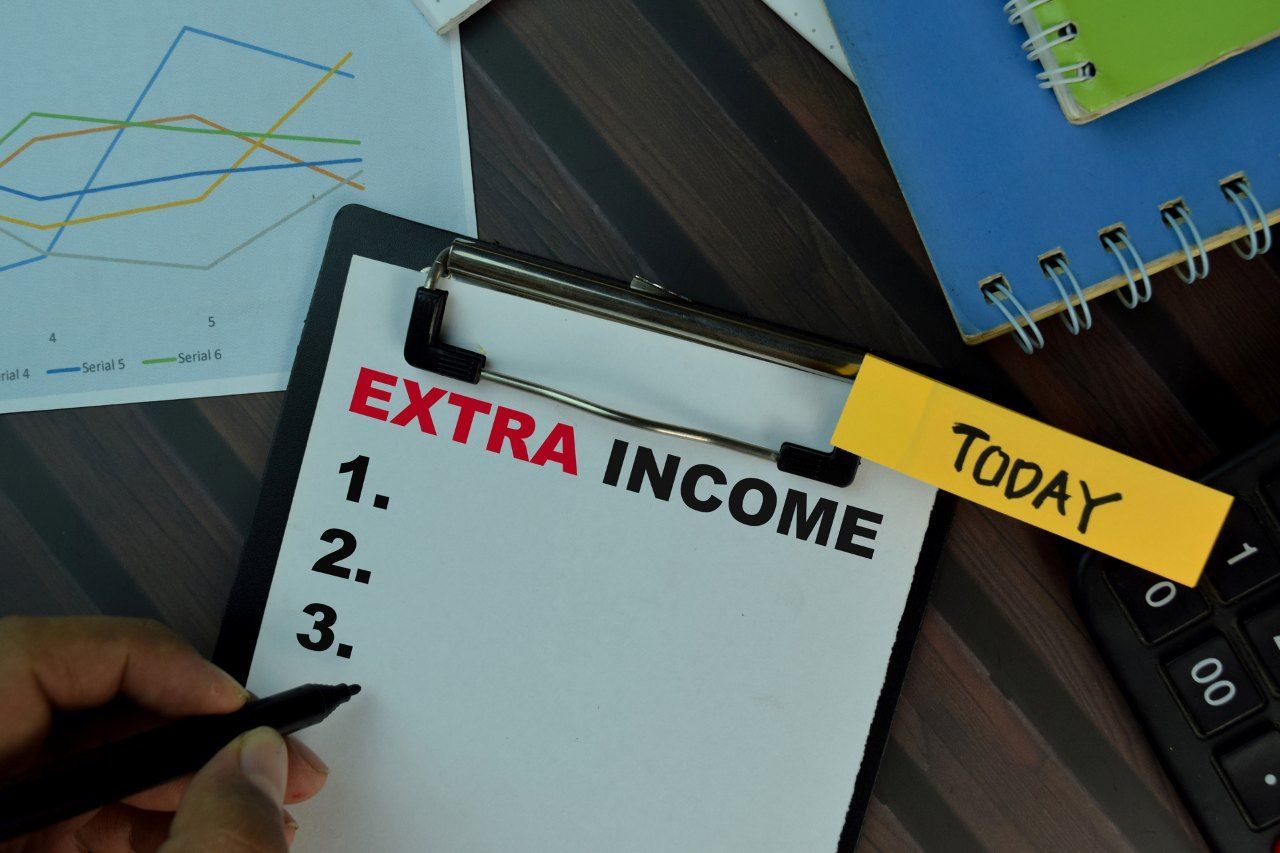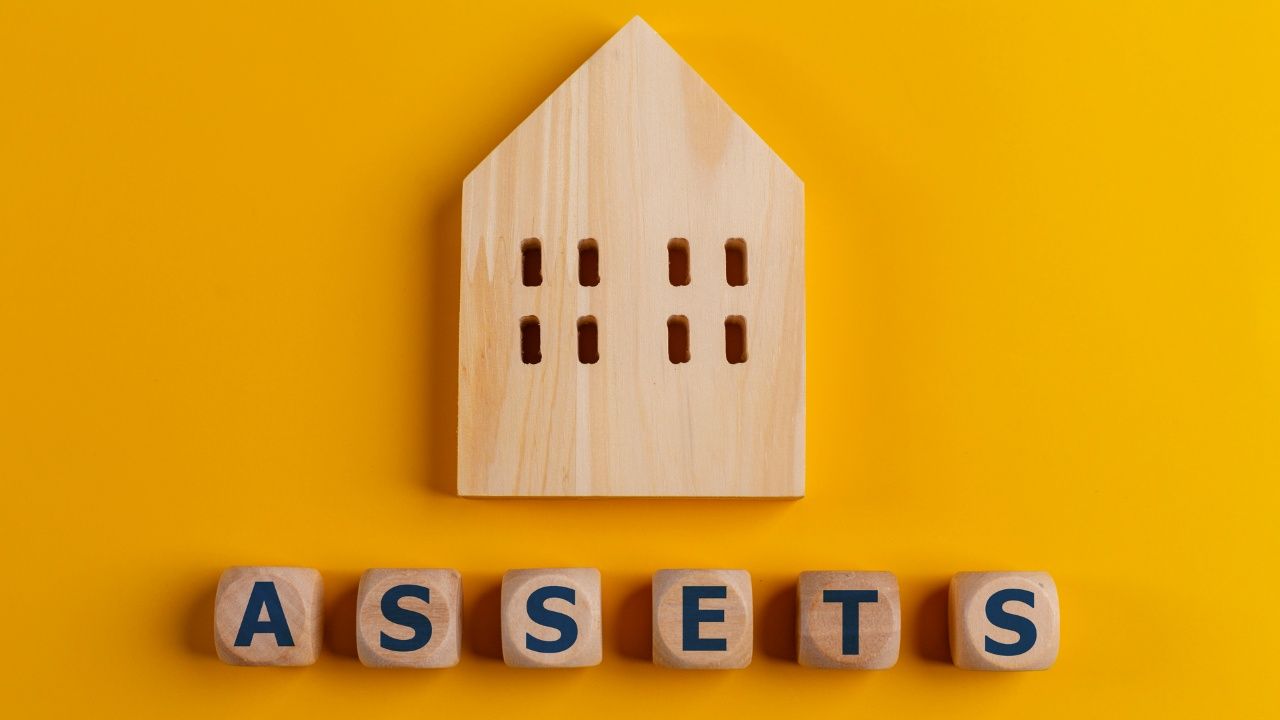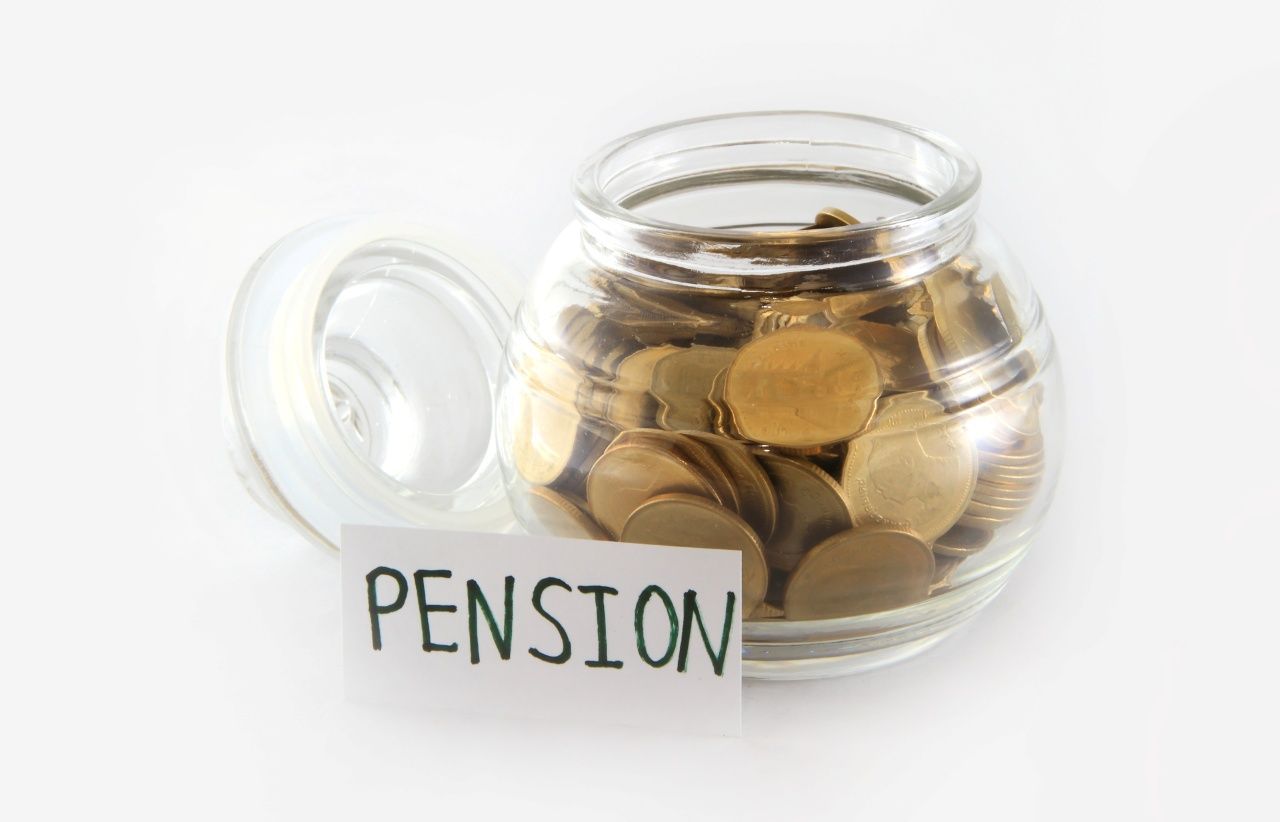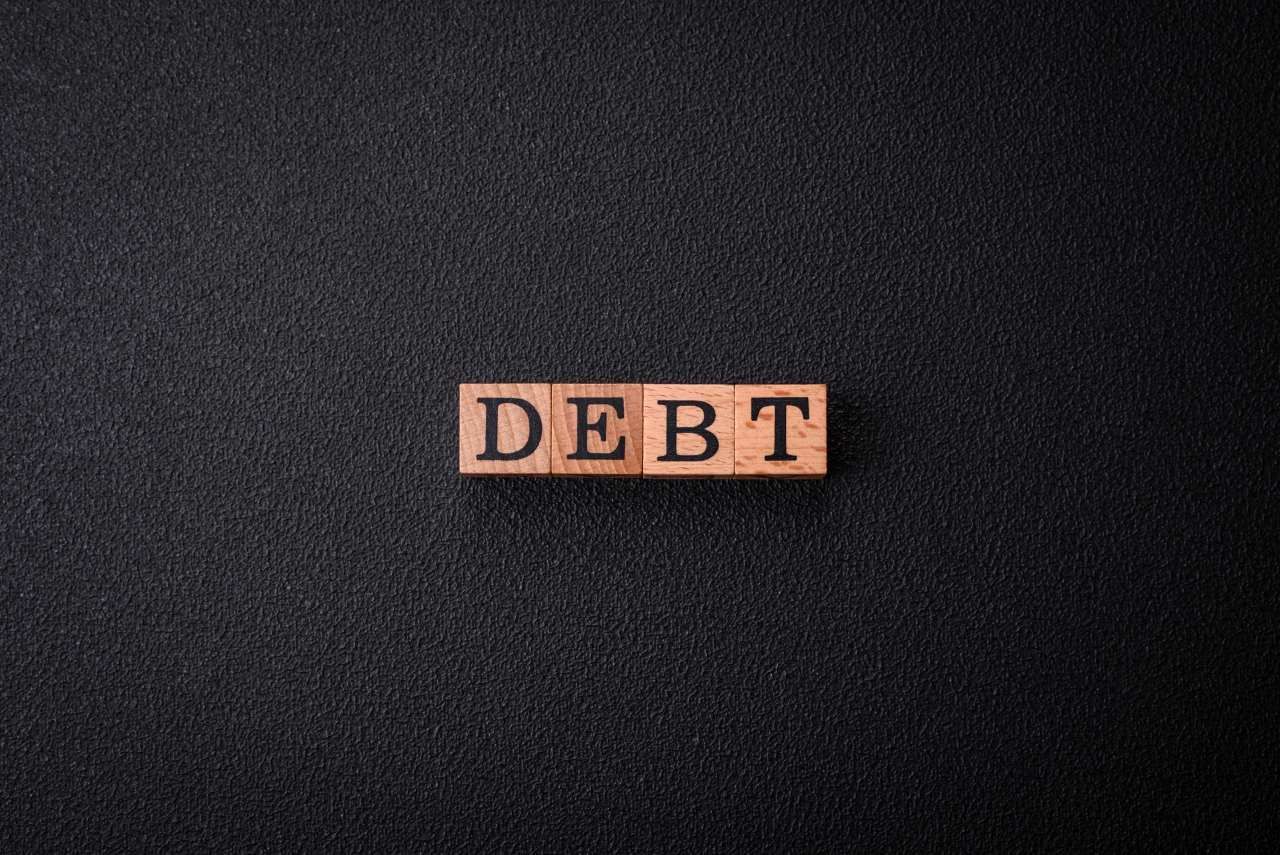How to Afford Living on Your Own After a Divorce

Divorce is a life-altering event that not only takes an emotional toll, but can also have significant financial implications. If you're facing the prospect of living on your own after a divorce in the UK, you might be feeling overwhelmed and uncertain about your financial future. How will you afford your living expenses on a single income? What financial support is available? In this post, we'll explore practical strategies and tips to help you navigate this challenging transition and build a stable financial foundation for your new life.
Assessing Your Financial Situation
The first step in affording life after divorce is to get a clear picture of your financial situation. This involves several key tasks:
Create a Budget
Creating a comprehensive budget is essential to understanding your income and expenses. Start by listing all your sources of income, including your salary, any spousal or child maintenance, and benefits. Then, detail your monthly expenses, from housing and utilities to food, transportation, and personal expenses. Don't forget to account for any debts or legal obligations.
Having a clear budget will help you identify areas where you might need to cut back or seek additional support. It's the foundation for all your financial planning going forward.
Understand Your Financial Obligations
Divorce often comes with financial obligations, such as spousal or child maintenance. It's crucial to clearly understand what you're responsible for paying or what you're entitled to receive. This information should be outlined in your divorce settlement.
If you're unsure about your obligations, consult with your divorce solicitor. They can help clarify your responsibilities and ensure that your ex-spouse is meeting theirs.
Review Your Assets and Debts
As part of the divorce process, you'll need to divide your assets and debts. This can have a significant impact on your financial situation post-divorce. Review what assets you now have sole ownership of, such as property, savings, or investments. Similarly, be clear on what debts are now solely your responsibility.
Understanding your assets and debts will give you a clearer picture of your net worth and any financial resources you can draw upon as you adjust to life on a single income.
Finding Financial Support After a Divorce
Living on a single income after a divorce can be challenging, but there are several sources of financial support that may be available to you.
Spousal Maintenance
Spousal maintenance is financial support paid by one ex-spouse to the other following a divorce. The purpose is to help the receiving party maintain a reasonable standard of living, especially if they have lower earning potential or gave up career opportunities during the marriage.
Spousal maintenance isn't automatic, and not everyone will be entitled to it. It depends on factors like the length of your marriage, your respective incomes, and your roles during the marriage. Your divorce solicitor can advise you on whether spousal maintenance might apply in your case.
Government Assistance in the UK
In the UK, there are several government benefits that you might be eligible for post-divorce:
- Universal Credit: This is a payment to help with your living costs if you're on a low income. It's gradually replacing other benefits like Housing Benefit and Working Tax Credit.
- Council Tax Reduction: If you're on a low income, you might be eligible for a reduction in your Council Tax.
- Child Benefit: If you have children living with you, you can claim Child Benefit to help with the costs of raising them.
It's worth checking with your local Jobcentre Plus or Citizens Advice Bureau to see what benefits you might be entitled to.
Family and Community Support
Don't underestimate the value of support from family and friends during this challenging time. If you're struggling, reach out to your loved ones. They may be able to offer financial assistance, childcare support, or simply a listening ear.
Additionally, there are many community organisations and charities that offer support to individuals going through a divorce. They can provide advice, emotional support, and sometimes even financial assistance. Don't be afraid to reach out for help.
Tips for Lowering Living Costs
Another key aspect of affording life post-divorce is finding ways to lower your living costs. Here are some strategies to consider:
Housing Options
Housing is likely to be your biggest expense. If you're struggling to afford your current home on a single income, consider downsizing to a smaller property or a more affordable area. Alternatively, you might consider sharing with a roommate to split the costs.
If you're renting, make sure you're claiming any housing benefits you're entitled to. If you own your home, you might consider selling and using the proceeds to buy a more affordable property.
Reducing Monthly Bills
Look for ways to cut back on your monthly bills. This might include:
- Shopping around for cheaper utility providers
- Cutting back on non-essential subscriptions or memberships
- Finding cheaper phone and internet plans
- Reducing your grocery bill by meal planning and shopping at discount stores
Every little bit helps when you're on a tight budget.
Embracing Minimalism
Embracing a more minimalist lifestyle can help reduce your expenses and make living on a single income more manageable. This might involve selling off possessions you no longer need, cutting back on non-essential purchases, and finding free or low-cost ways to enjoy your leisure time.
Minimalism isn't just about saving money - it can also be a way to declutter your life and focus on what really matters to you post-divorce.
Earning Extra Income

Alongside reducing your expenses, increasing your income can make a significant difference to your financial situation post-divorce.
Exploring Part-Time Work or Freelancing
If your current income isn't enough to cover your living costs, consider taking on part-time work or freelancing in your spare time. This could be anything from tutoring or pet-sitting to freelance writing or graphic design.
Look for opportunities that fit around your existing commitments and play to your skills and interests. Even a small amount of extra income each month can provide a valuable buffer.
Selling Unused Items
Another way to boost your income is to sell off items you no longer need. This could be anything from clothes and books to furniture and electronics. Sites like eBay, Facebook Marketplace, and Gumtree make it easy to sell your unwanted items.
Not only will this provide a short-term income boost, but it will also help declutter your home and reduce the costs associated with owning and maintaining these items.
Upskilling for Better Job Opportunities
In the longer term, investing in your own skills and education can lead to better job opportunities and a higher income. Consider taking courses or gaining qualifications in your field of work or a new area that interests you.
Many colleges and universities offer part-time or distance learning options that can fit around your existing commitments. While there may be an initial cost, the long-term financial benefits can be significant.
Emotional and Financial Planning for the Future
Affording life after divorce isn't just about managing your short-term finances - it's also about planning for a stable and fulfilling future.
Seek Professional Financial Advice
Consider seeking advice from a financial advisor who specialises in post-divorce finances. They can help you make the most of your assets, plan for your long-term financial goals, and ensure you're adequately protected with insurance and savings.
Build an Emergency Fund
One of your top financial priorities post-divorce should be building an emergency fund. This is a pot of money set aside to cover unexpected expenses, such as car repairs, medical bills, or job loss.
Aim to save enough to cover three to six months' worth of living expenses. This will provide a vital safety net and give you peace of mind as you navigate your new financial circumstances.
Take Care of Your Mental Well-being
Affording life after divorce isn't just about practical financial strategies - it's also about taking care of your emotional well-being. Divorce can be a deeply stressful and emotionally draining experience, and it's common to feel overwhelmed, anxious, or depressed.
Make sure you're prioritising self-care during this time. This might involve talking to a therapist, joining a support group, or making time for hobbies and activities that bring you joy. Remember, your mental health is just as important as your financial health.
Final Thoughts
Affording life on your own after a divorce is undoubtedly challenging, but it is possible with the right strategies and support. By assessing your financial situation, seeking out financial support, reducing your living costs, and potentially earning extra income, you can build a stable financial foundation for your new life.
Remember, divorce is a process, and adjusting to your new financial circumstances will take time. Be patient with yourself, and don't be afraid to seek out professional advice and support when you need it.
If you're currently going through a divorce and need legal support, our experts in divorce mediation are here to help. We understand the financial challenges that come with divorce, and we can work with you to achieve the best possible outcome. Contact us today for a free 20-minute confidential telephone discussion about your situation.
Remember, while divorce marks the end of one chapter, it also marks the beginning of a new one. With careful planning and the right support, you can build a fulfilling and financially stable life post-divorce.
For more information on the cost of divorce in the UK, visit our detailed guide.
Get In Touch
All Rights Reserved | Skylark Hill Solicitors












